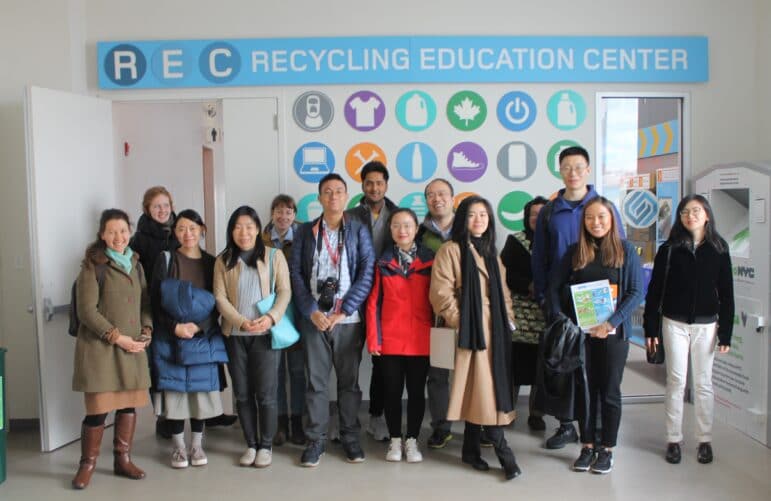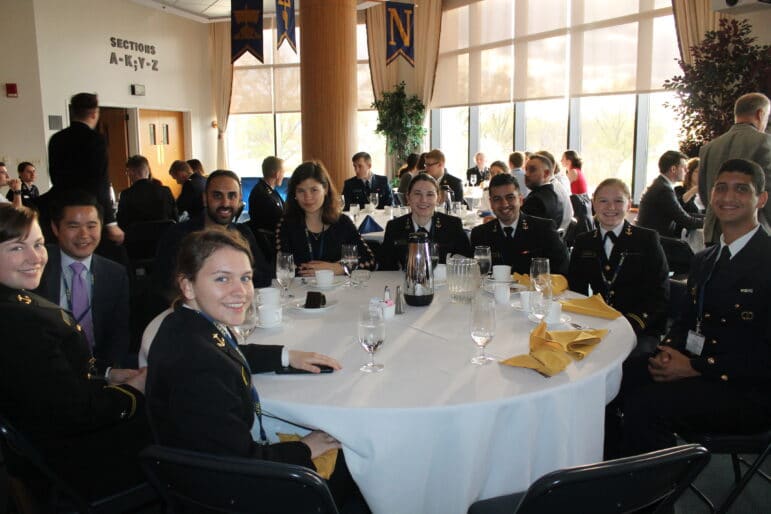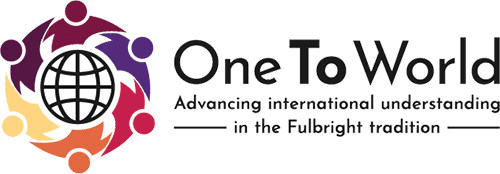
Every year on February 20, since 2007, the United Nations General Assembly observes World Day of Social Justice. But what does it mean? The idea behind commemorating the day is simple: to create a fair and just society where all individuals have access to basic needs irrespective of their color, caste, creed, religion, gender or other status. The purpose of the day is to remind ourselves that we as inhabitants of the world have to do better for ourselves and for others.
The need to create a more equitable society has become more urgent than ever before due to the aftereffects of the Covid-19 pandemic, climate change, armed conflicts, and geopolitical tensions. Poverty, economic inequality, and social strife have only increased in the recent past, and the UN stresses the importance of taking action now to stop this growing divide between and within nations.
“This year’s theme focuses on the recommendations of Our Common Agenda to strengthen global solidarity and to rebuild trust in government by ‘Overcoming Barriers and Unleashing Opportunities for Social Justice’. Therefore, the 2023 World Day of Social Justice provides an opportunity to foster dialogue with Member States, youth, social partners, civil society, UN organizations and other stakeholders on actions needed to strengthen the social contract that has been fractured by rising inequalities, conflicts and weakened institutions that are meant to protect the rights of workers.” – United Nations, World Day of Social Justice
So, how do we as individuals operating in a society that struggles with this inequality take actionable steps to address an issue that has infiltrated every crevice of our world? The answer isn’t simple, but we can start by thinking about ways in which we can begin to level the playing field and provide people with equal opportunities to make their way in our interconnected society. One way in which this can be achieved is through education. By providing children and adults access to quality education, we offer them opportunities to develop their personalities and their skills in order to make a place for themselves in this world. The idea is to provide them with a holistic education about not just the workings of their country, but the world as a whole.


What role does international education play in social justice initiatives?
This is where the power of international education comes into play. When we create a youth that is more aware, more sensitive, and more open to dialogue about social issues, we create leaders who look for solutions. At One To World, part of our mission is to foster intercultural understanding by creating face-to-face experiences. This work is integral to the mission of World Day of Social Justice 2023: to provide an opportunity to foster dialogue with Member States, youth, social partners, civil society, and UN organizations on actions needed to strengthen the social contract. At One To World, international students create cultural connections with other each other as well as with local community members. These connections help individuals confront biases and ‘barriers’ in order to ‘unleash opportunities for Social Justice’. These opportunities take shape in a variety of ways across the world, and the cross-cultural experiences allow our students to go on to work on local issues with a global mindset. These students and scholars are the leaders of tomorrow, and are well on their way to being a part of the ‘Global Coalition for Social Justice’.
One To World gives these international students the opportunity to connect with local community members and amplify their positive impact through our Global Classroom program. These students, also known as Global Guides, act as unofficial ambassadors of their home countries and culture, helping NYC K-12 students develop the skills, awareness, and understanding to become global citizens in their communities, both locally and worldwide. Utilizing face-to-face interactions and meaningful cross-cultural exchange, Global Guides lead workshops on various global issues, exploring topics such as climate action, Sustainable Development Goals, justice around the world, and unpacking discrimination. Students learn about various global challenges and possible solutions, exploring how these issues are connected on a local, national, and global scale. By participating in stimulating solution-oriented activities and a final project, students are inspired to become active global citizens and create change in their local and global communities. Through international education, students, scholars, and local communities are given the space to empower one another in order to promote social justice.
Learn more about the United Nations’ World Day of Social Justice at www.un.org/en/observances/social-justice-day.
About One To World
One To World brings local residents together with international students and Fulbright grantees, creating face-to-face experiences to foster intercultural understanding and build relationships that last a lifetime. Annually, it provides over 100 programs for the more than 90,000 international students and Fulbright grantees who study at New York-area institutions. One To World engages these young global leaders representing more than 140 countries in American life, building cooperation, and respect among people from around the world.
One To World is designated by the U.S. Department of State as the official Coordinator of Enrichment Programs for the 800+ visiting Fulbright grantees in the New York area each year. When the late Senator J. William Fulbright authored legislation to create the Fulbright program over 75 years ago, he specified these enrichment programs as key components of it. He believed that the time Fulbright grantees spent off-campus would be as important as their academic studies in fostering cultural understanding and ultimately, a more peaceful world.





